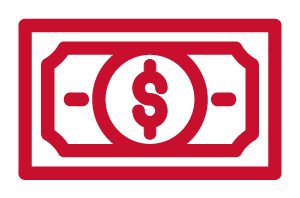
You have choices for managing your student loan payments, including different types of repayment plans, ways to postpone repayment, and ways to get out of default. There are also ways to cancel loans in limited circumstances and raise defenses to repayment.
This website provides more information on key repayment topics, including:
- your payment plan options,
- dealing with loan servicers,
- consolidating student loans,
- repaying private student loans and considering refinancing, and
- returning to repayment after the COVID-19 Payment Pause.
What Your Student Loan Payment Covers
For federal student loans, your payment is generally first applied to any late charges, collection costs, or outstanding interest, and only after that to outstanding principal. This is why your balance generally doesn’t go down by the full amount of your payment each month, and sometimes rises even when you are making payments.
Interest and fees can add up quickly. With some payment plans, the government subsidizes some of your unpaid interest to help prevent your loans from growing while you’re in repayment. Finding the payment plan that is right for you and staying current on your payments can help to stop your loan balance from increasing due to interest and fees.
For more information on how interest and fees are calculated for federal student loans, see the Department of Education’s website.
For private loans, your payment will be applied to your loan according to the terms of your loan agreement.
Can I Make Extra Payments or Prepay on My Loans?
Yes. You can repay all or part of your loan at any time without penalty. If you send in a payment amount that is more than your monthly payment amount, the lender will usually apply the extra money to future payments, unless you request otherwise. If you would like to prepay some of the principal on your loan, you must request that the extra amount you send be applied to principal when you make the payment.
If you can afford it, paying a little extra each month or making a lump sum payment towards your principal is a great way to lower the total cost of your loan. Not only do you pay down your debt faster, but you save money on interest charges over time.